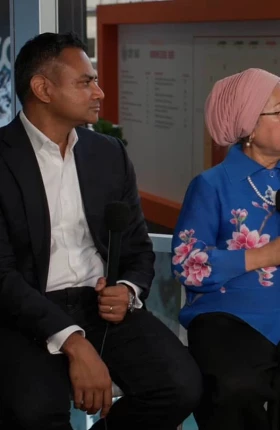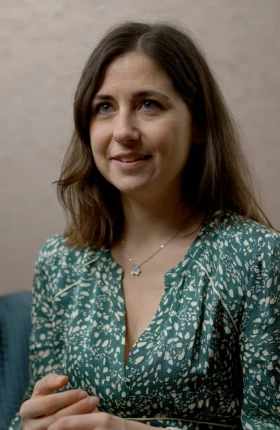As climate change and the resulting extreme weather events continue to cause economic losses worldwide, nations are imposing various adaptation and resilience strategies.
Featured Insights
Climate Adaptation and Resilience

Article
November 20, 2025

Report
November 10, 2025
The power of adaptation strategies diminishes rapidly when global warming exceeds certain thresholds. Without mitigation efforts, these limits constrict, leaving communities more vulnerable and investments less effective.

Article
November 4, 2025
Led by Systemiq, this report features a BCG-authored chapter focused on how private capital can help advance people-centered adaptation through 15 "Best Buys."

Report
May 6, 2025
A comprehensive map of opportunities in Climate A&R solutions shows that the market is primed for investors to act now.
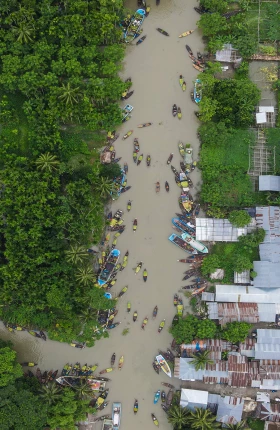
Article
September 9, 2024
BCG has quantified the staggering cost of inaction on climate. To avoid worst-case scenarios, the private sector and other stakeholders must ramp up their collaboration.
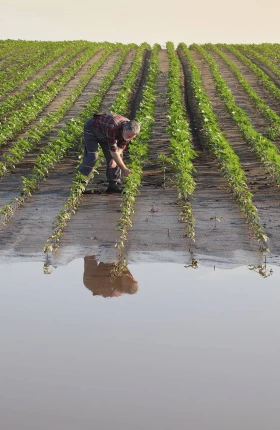
As the largest employer and controller of capital and supply chains, the private sector is well positioned to set new industry standards and support planetary and human health in the face of climate change. Actions to strengthen food systems, rethink urban infrastructure, improve health care responses, and reshape insurance models will be essential to mitigating risks and building climate resilience.
Sustainable Investing and ESG
Video
September 30, 2025
Delivering on the Promise of Blended Finance
It takes extensive financial and technical expertise for blended finance to have an impact and generate attractive returns, says GAWA Capital’s Luca Torre in a conversation with BCG’s Shalini Unnikrishnan.

Article
November 30, 2023
Financial institutions have a major business opportunity in social impact. A global BCG survey reveals what’s standing in their way—and how they can up their game.
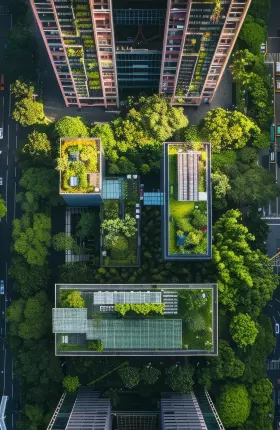
Article
September 24, 2024
By 2030, BCG estimates that companies will spend up to $3 trillion on adaptation and resilience. Banks are uniquely positioned to offer advice and capital.
Global Health
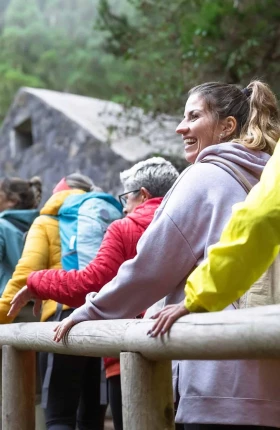
Article
March 7, 2025
Persistent underdiagnosis and undertreatment of common conditions have created a massive gap in the health care market for US women.
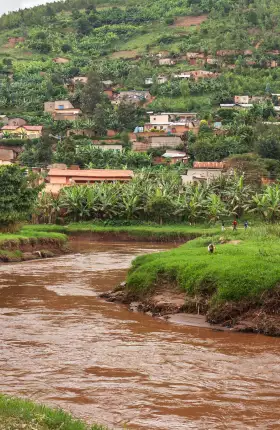
Article
November 18, 2024
Extreme weather events such as cyclones and floods will drive increases in the incidence of sickness and death from malaria in Africa, according to a new study.

Article
January 4, 2024
BCG conducted a study of more than 70 organizations—including philanthropies, multilateral development banks, government agencies, nongovernmental organizations, private sector actors, and others—to understand how key stakeholders are approaching the climate-health challenge.
Video
December 4, 2023
Human Health Depends on Planetary Health
Too often is it taken for granted that the environment is a massive determinant of human well-being. Putting health at the center of our climate discussions is critical.
Video
June 12, 2023
How Can Health Care Be Socially Transformative?
BCG’s Johanna Benesty explains that, while businesses in every sector have the potential to be socially transformative, the opportunity in healthcare is particularly great.
Monthly Newsletter Subscription
The Sustainable Advantage: Build lasting impact through sustainability
Economic Development

Article
November 13, 2024
A clear framework outlines mechanisms and pathways that unlock more capital to ensure the climate transition is not only green but also equitable.

Article
April 25, 2024
BCG collaborated with Mastercard and Nubank to analyze consumer data and insights across the Brazilian market to map the financial inclusion journey and provide a framework for financial inclusion.
Humanitarian Response
Video
December 4, 2023
Migration in the Spotlight
The climate crisis is already displacing millions, and the problem is poised to get worst. Is enough being done? How can the public and private sectors come together to address this issue?

Recovery efforts in Ukraine hinge on the country's capacity to absorb technical and financial support. BCG and The European Investment Bank recommend key frameworks and principals for maximizing the economic and social impact of these efforts, as well as strategies for prioritizing funding and support.
BCG on Social Impact
Follow BCG on Social Impact on LinkedIn to explore how organizations are advancing the SDGs and how the growth of your business can have a positive societal impact.
Food Systems and Security
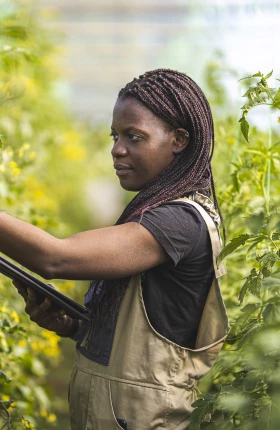
Article
August 21, 2025
Improvements in African agriculture could have an outsized impact on global sustainable development efforts. But massive increases in investment in the sector will be required.

Article
March 20, 2024
Worldwide consumption of refined grains contributes significantly to diet-related disease and malnutrition. Production of these grains creates serious environmental damage. A powerful antidote to these problems is fortified whole grains.

Report
February 7, 2024
Regenerative agriculture is one of the most effective ways to lower Denmark’s CO2e footprint and improve the sustainability of its agriculture sector.
Inclusive Advantage

Article
June 11, 2024
Organizations can focus their attention on just these four areas to diagnose where they may be falling short in their efforts to meet employees’ needs.
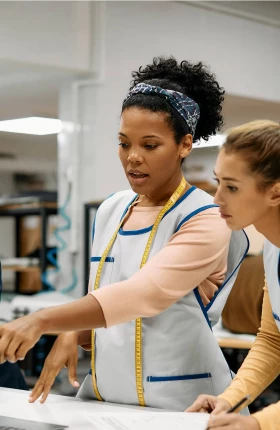
Talent can be hard to source and retain, even as segments of the US population lack access to satisfying, supportive jobs. Three initiatives are making a difference.

Article
March 6, 2024
Private equity and venture capital firms whose ownership is predominantly women or people of color may unlock access to differentiated deal flow for their investors.

Article
November 3, 2023
Investors often misperceive—and therefore overlook—an ethnic group that’s a growing economic powerhouse in the US.
Explore more
Capability
Capability






